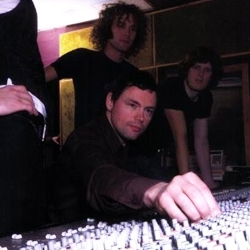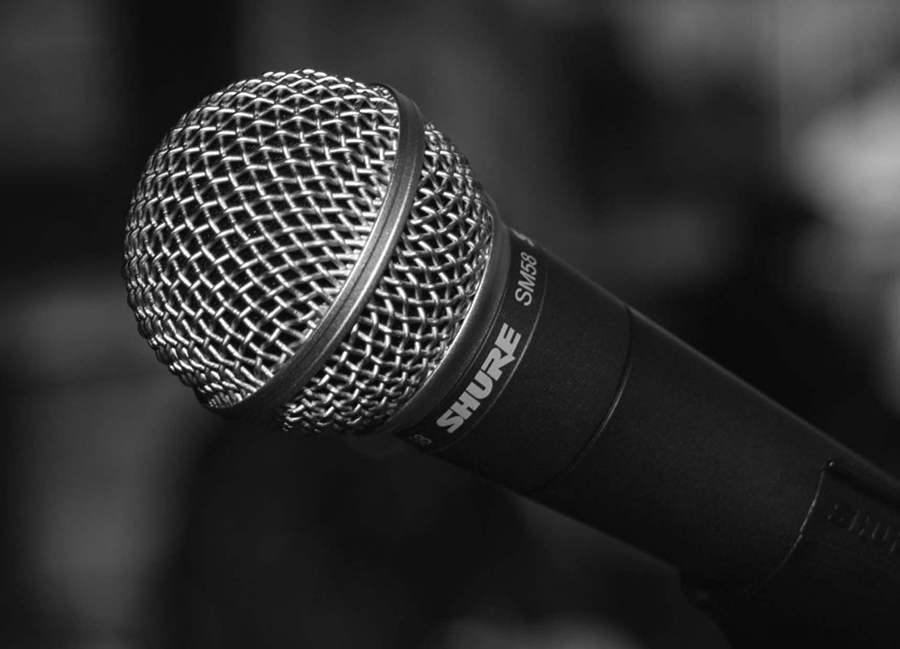
Limit The Attendees
Sometimes overdubs go faster and smoother if band members other than those playing, friends, and entourage are not allowed in the control room.
Too many people can spook a timid performer or, worse yet, sway her to perform for the crowd instead of focusing on the job at hand.
If visitors or band members must come to the studio, keep them out of the control room and have them stay in the lounge until the part is complete.
In general, it’s best that any wives and husbands, girlfriends and boyfriends, friends and associates, and hangers-on and nonessential people not be allowed to come to the sessions except in extraordinary circumstances (like a playback party or delivering a forgotten instrument).
The more people, the more likely the gathering will become a party, and a party is not conducive to recording.
There’s a time and place for a group to gather, but it’s not here. Unless certain people are essential to the task at hand, have them stay at home.
Recording In The Control Room
Regardless of who’s playing and what kind of instrument they’re using, it’s always best if you can get them to record in the control room with you.
This is easy with guitar, bass, electronic keys, and even vocals, but tougher with everything else. Having the immediacy of communication, not to mention the absence of headphones, will usually get a much better performance out of the player.
Most studios are now equipped with the cables and hardware to keep an amp in another room while the musician plays in the control room.
Playing in the control room is usually not an option for more than one player at a time (which probably won’t happen during overdubs anyway, unless it’s a horn, string, or vocal section) or with instruments that are quiet, like some percussion, acoustic guitars, and strings.
Vocals in the Control Room
While it seems like recording blasphemy, many vocalists hate headphones and would much rather sing in the control room with a hand-held stage mic like a Shure SM58 (see Fig. 2).
This might not win you any high-fidelity awards for vocals sounds, but a great performance will trump audio quality any day.
And the sound of most stage mics, while certainly not as high fidelity as a multi-thousand- dollar vintage Neumann, is better than you might think (as long as it’s in good condition) good enough for just about any recording purpose when routed through a high-quality microphone preamp.

